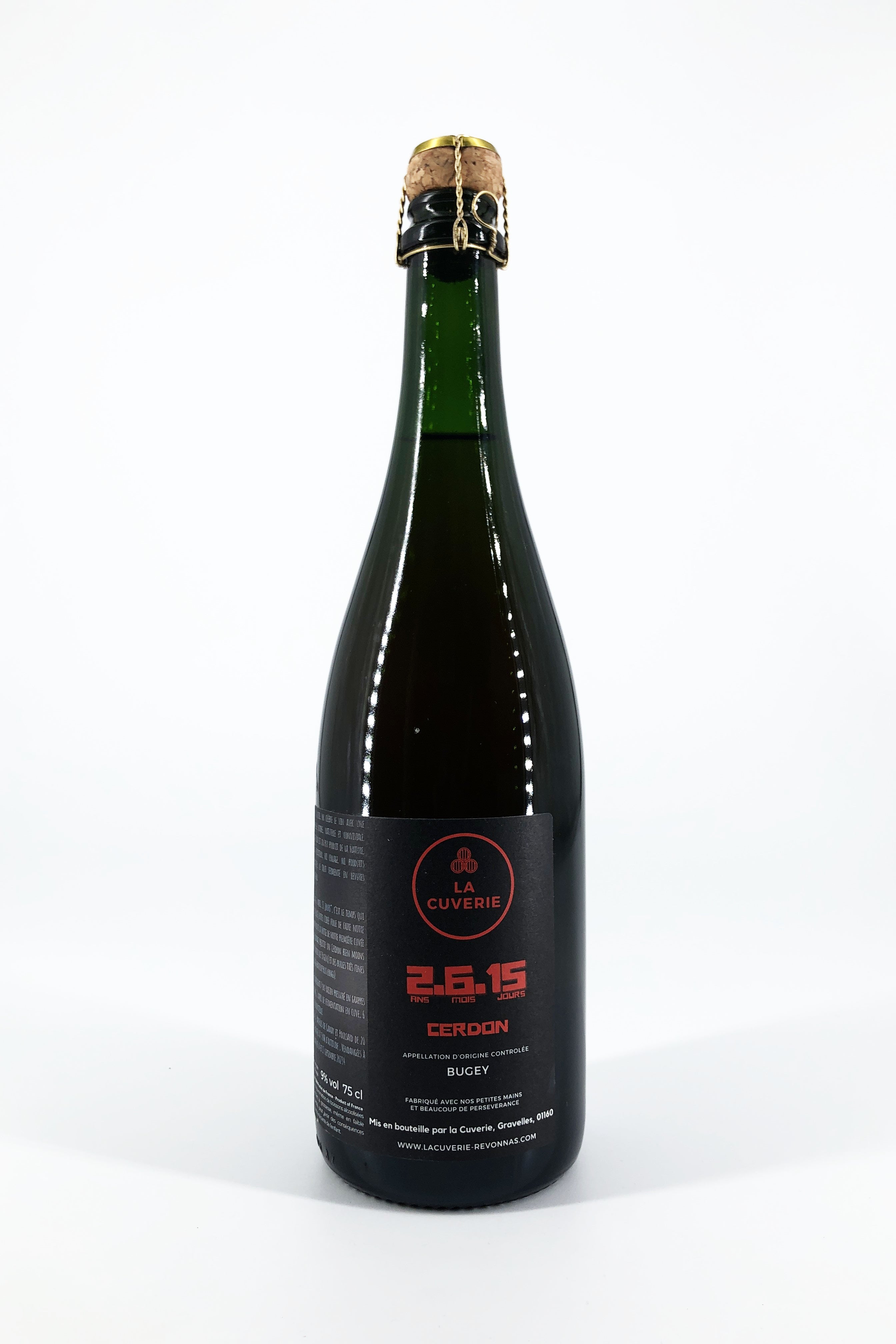Hedonistic Bugey Cerdon that bursts with strawberry, cranberry, raspberry, pomegranate. Think all the red berries! A bottle that feels akin to adult cherry-pop Find out more.
Grape – Poulsard
Most conventional wine makers will use animal products for fining their wine, such as egg white or casein. Fining being the process of removing the fine particulate matter after the fermentation process such as yeast cells and proteins, to make the wine crystal clear.
Natural wine makers on the other hand eschew intervention and strive for as little manipulation in the wine making process as possible. They will therefore avoid filtration and fining and with it the need for any animal products, resulting in vegan friendly wines.
Therefore you will often find natural wines have a noticeable amount of sediment in the bottle, or appear hazy or cloudy. Natural winemakers tend to use the process of racking as the sole method of removing as much of the sediment from fermentation as possible. The wine will be allowed to settle in its fermentation vessel so as much sediment as possible settles at the bottom. The resulting clearer wine is then pumped to a new vessel with the sediment left behind.
